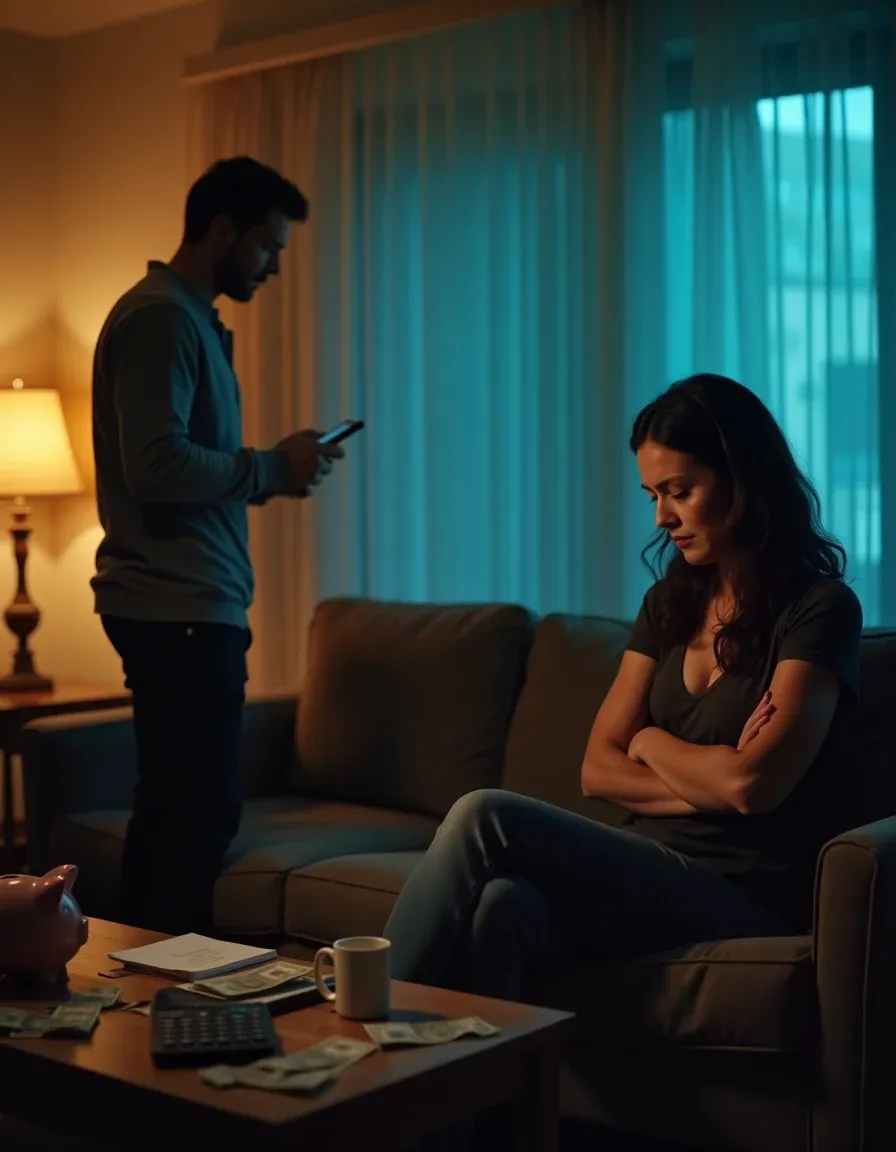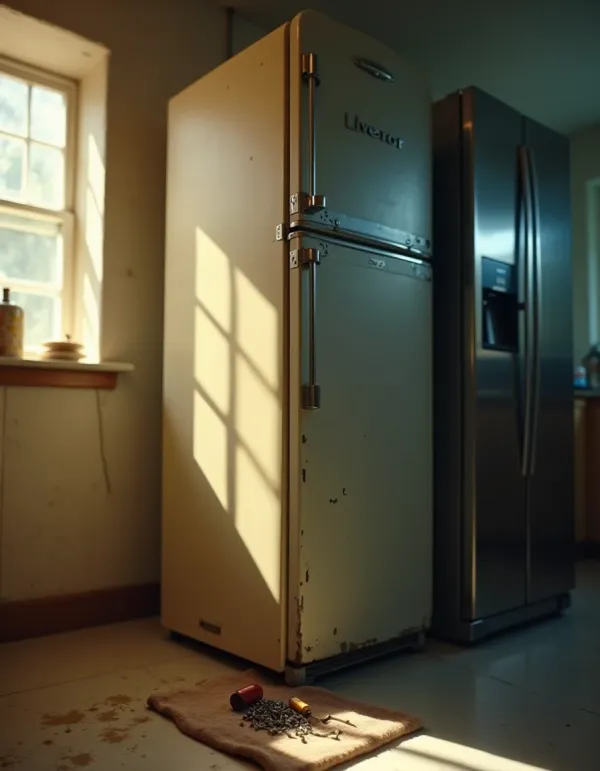When Helping Feels Like Control: I Paid Off Her Debt — Did I Cross a Line?
You thought paying off her debt would be romantic — she felt controlled. Learn the exact steps to apologize, return agency, and rebuild trust before this becomes a lasting hurt.

You paid off your girlfriend’s debt in secret because you wanted to help. She was furious. You’re left wondering: did you do something loving — or did you strip away her pride and independence?
The heart of the issue
At face value you meant well. You wanted to relieve stress and show love. But some people point out that intent isn’t the whole story: how help lands matters. For your girlfriend, paying off her debt wasn’t just about money — it was a milestone she wanted to earn herself. You removed that chance to feel proud.
What people notice (and why it matters)
- Agency and pride: Some say being able to clear your own debt is a major moment of adulthood. Stealing that moment can sting more than the debt did.
- Power imbalance: Money can shift dynamics. If one partner uses cash to steer choices, the other can feel bought or controlled.
- Consent matters: Giving big gifts without asking can feel manipulative — even if you thought it was romantic.
- Intent vs impact: You might have wanted to help. But the impact made her feel disrespected and diminished.
- Boundaries exist: Repeated “surprise” gifts after she’s said no shows you’re not listening — and that’s a relationship problem.
Concrete next steps you can actually take
- Own it: Apologize without excuses. Say you understand you overstepped and that you hear her reasons.
- Give her choices: Offer to reverse it if possible, or let her decide if she wants to treat the payment as a gift, a loan, or something else.
- Ask and listen: From now on, talk about money openly. Ask before you act — and actually do what she says.
- Check the power dynamic: Talk about how money influences decisions in your relationship. Set clear boundaries and mutual expectations.
- Consider counseling: If this taps into deeper trust or control issues, couples therapy can help you both communicate and heal.
Quick checklist before you “help” next time
- Did you ask? If not, don’t assume consent.
- Will this take away an important goal for them?
- Are you doing this for them or to feel good yourself?
- Could this create obligation or imbalance later?
Helping someone you love is generous. But generosity without respect for a partner’s autonomy can backfire. If you want to keep helping, let it be a team effort — not a power move. Listen, repair the trust, and let her lead where it matters most.




